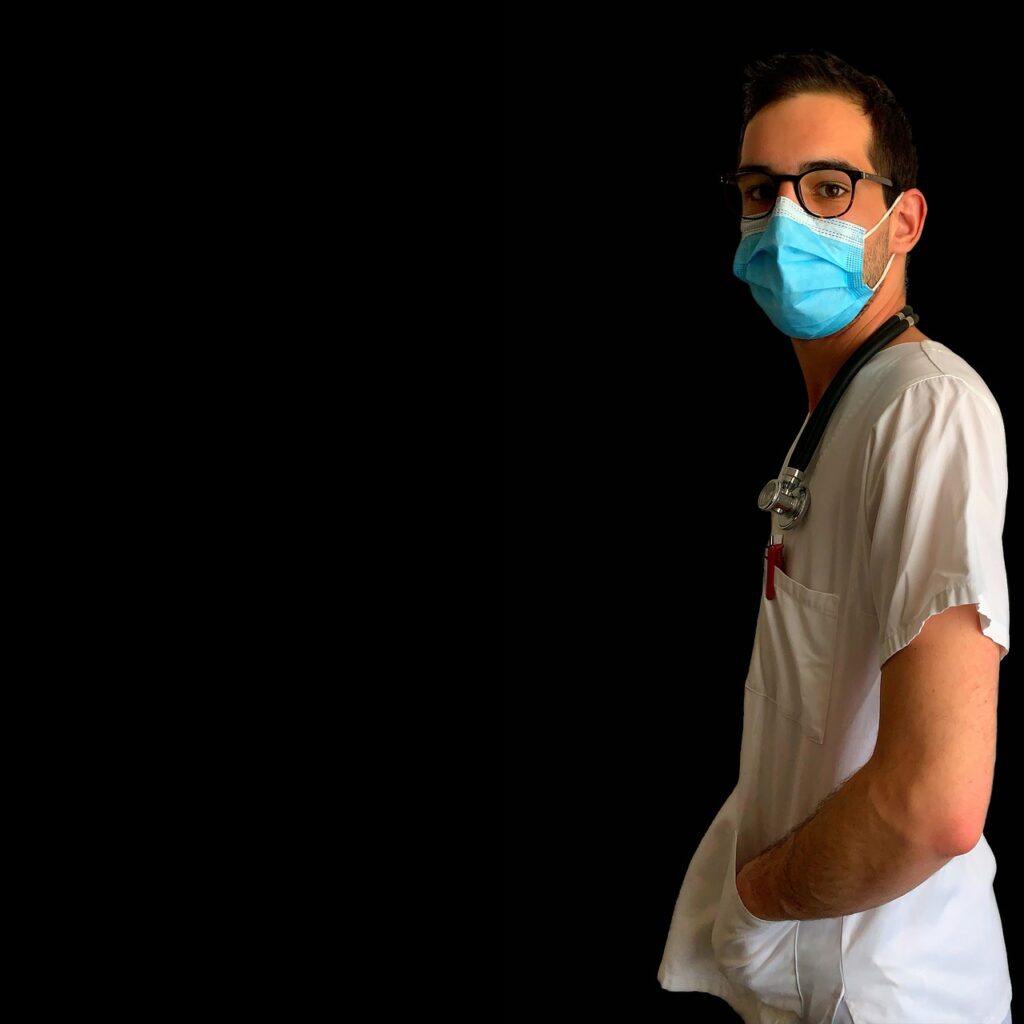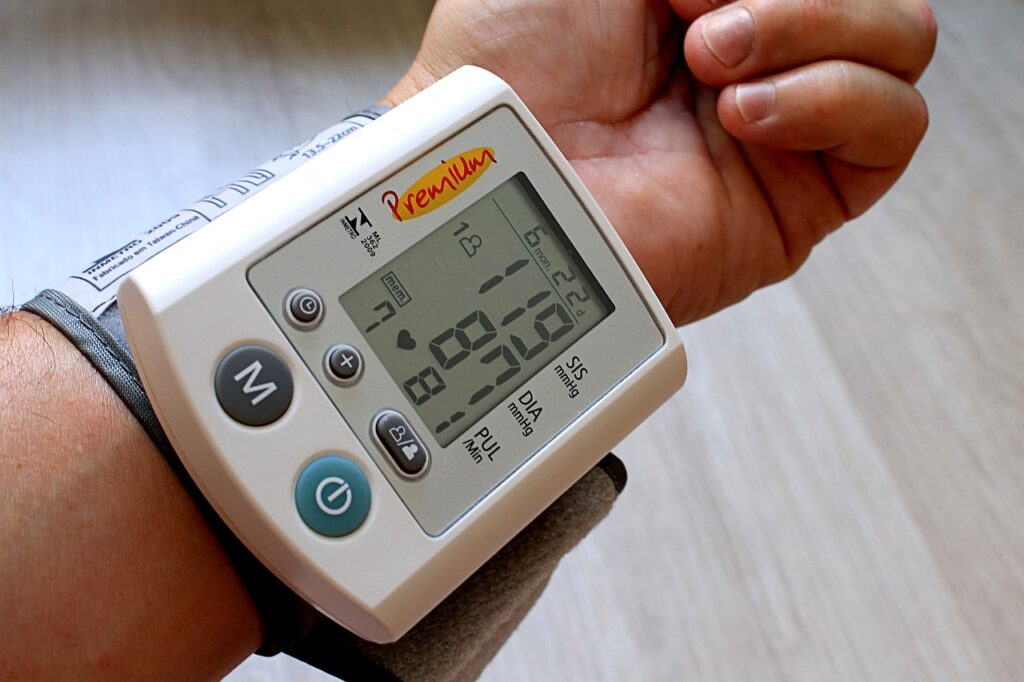Do you remember Gloria Reuben – she played the role of PA Jeanie Boulet, in the hit TV show ‘ER’
At the time I had just entered medical school (1995). It was a staple of the halls of residence common room TV watching.
I always wondered what a PA was and what they did. My enduring memory was that they were NOT a Dr!
Now however, the term is in the headlines for all the wrong reasons.
The healthcare system in the UK is under tremendous pressure. The increasing demands on the NHS, exacerbated by an ageing population, chronic disease prevalence, and an overstretched workforce, have necessitated innovative solutions. One such solution has been the expanding role of Physician Assistants (PAs) in medical specialties. However, while the intention behind integrating PAs into more advanced medical roles is to alleviate pressure on doctors and improve patient access to care, this shift poses significant risks that must be carefully considered.
The Role of Physician Assistants
Physician Assistants, now commonly referred to as Physician Associates in the UK, are healthcare professionals trained to provide medical care and support under the supervision of a doctor.
Their training typically includes a postgraduate course lasting around two years, combining both theoretical and practical elements. However, this training is considerably shorter and less comprehensive than that undertaken by doctors, who undergo rigorous education and training over many years, including medical school, internships, residencies, and specialised training.
The Expansion of PA Roles
In recent years, the scope of practice for PAs has been steadily expanding. They are increasingly found not only in general practice but also in specialties such as surgery, emergency medicine, and even neurosurgery. This trend is driven by the need to fill gaps in the workforce and to reduce waiting times for patients. For example, PAs have been tasked with performing minor surgeries, managing patient caseloads, and, in some cases, undertaking complex procedures traditionally reserved for highly skilled doctors.
The Daily Telegraph reported on non medics carrying out brain surgery and the BBC reported on non surgeons removing a gall bladder!!
Risks to Patient Safety
The most pressing concern with the increased reliance on PAs in specialised roles is patient safety. The complexity of procedures like gallbladder removal or neurosurgery requires an extensive depth of knowledge and experience that PAs simply do not possess. Their shorter training period means they may not be adequately prepared to handle complications that can arise during and after such procedures. For instance, a non-surgeon performing a cholecystectomy (gallbladder removal) may not be equipped to manage unexpected bleeding, bile duct injuries, or other complications that require immediate and expert intervention.
Moreover, while PAs can perform routine tasks and procedures under supervision, the reality of healthcare settings often means that supervision can be minimal or indirect. This lack of direct oversight increases the risk of errors, potentially leading to adverse outcomes for patients. In high-stakes areas such as neurosurgery, even minor errors can have catastrophic consequences, including permanent disability or death.
Erosion of Professional Standards
Another concern is the potential erosion of professional standards within the medical profession. The rigorous training and qualification process for doctors is designed to ensure a high level of competence and expertise. By allowing PAs to perform tasks traditionally reserved for doctors, there is a risk of diluting these standards. This shift could undermine the quality of care provided to patients and erode public trust in the healthcare system.
Furthermore, the move to employ PAs in advanced roles may lead to a devaluation of medical qualifications. If PAs are perceived as capable of performing the same duties as doctors with significantly less training, this could diminish the perceived value of the extensive education and training that doctors undergo. This perception could also affect the morale of medical professionals, who may feel that their expertise and dedication are not adequately recognised or valued.
Legal and Ethical Considerations
There are also significant legal and ethical considerations. PAs do not currently have the same level of accountability and regulation as doctors. This discrepancy can create a grey area in terms of liability and responsibility for patient care. If a patient suffers harm due to a procedure performed by a PA, it is unclear who bears the ultimate responsibility—the PA, the supervising doctor, or the employing institution.
Ethically, patients have the right to be informed about the qualifications and training of those providing their care. There is a risk that patients may not be fully aware that their care is being managed by a PA rather than a doctor, potentially affecting their consent and trust in the treatment they receive.
Impact on Training and Workforce Development
The increasing use of PAs also has implications for the training and development of the medical workforce. Junior doctors rely on hands-on experience and supervised practice to develop their skills and expertise. If PAs take on more clinical responsibilities, this could reduce the opportunities for doctors in training to gain the necessary experience. This shift could ultimately impact the future quality and competence of the medical workforce, with fewer doctors having the opportunity to hone their skills in a practical setting.
Addressing the Root Causes
While the integration of PAs into the healthcare system can provide short-term relief for an overstretched workforce, it does not address the root causes of the pressures facing the NHS. The long-term solution lies in increasing investment in the training and recruitment of doctors, improving working conditions, and ensuring sustainable workforce planning. This approach would ensure that patients receive care from highly trained and experienced professionals, maintaining the high standards of the UK healthcare system.
Conclusion
The increasing use of Physician Assistants in medical specialties in the UK is a well-intentioned response to significant pressures on the healthcare system. However, this strategy carries considerable risks that must be carefully weighed. Ensuring patient safety, maintaining professional standards, and addressing legal and ethical concerns are paramount. While PAs can play a valuable role in supporting healthcare delivery, their use should be carefully regulated and limited to roles that match their training and expertise. The focus should remain on investing in and supporting the development of a highly skilled medical workforce to ensure the best possible outcomes for patients.
One thing I can assure you of is, if you book an appointment with me it will only be me seeing you and moreover, anyone I refer my patients to will be appropriately qualified to do what they trained for










